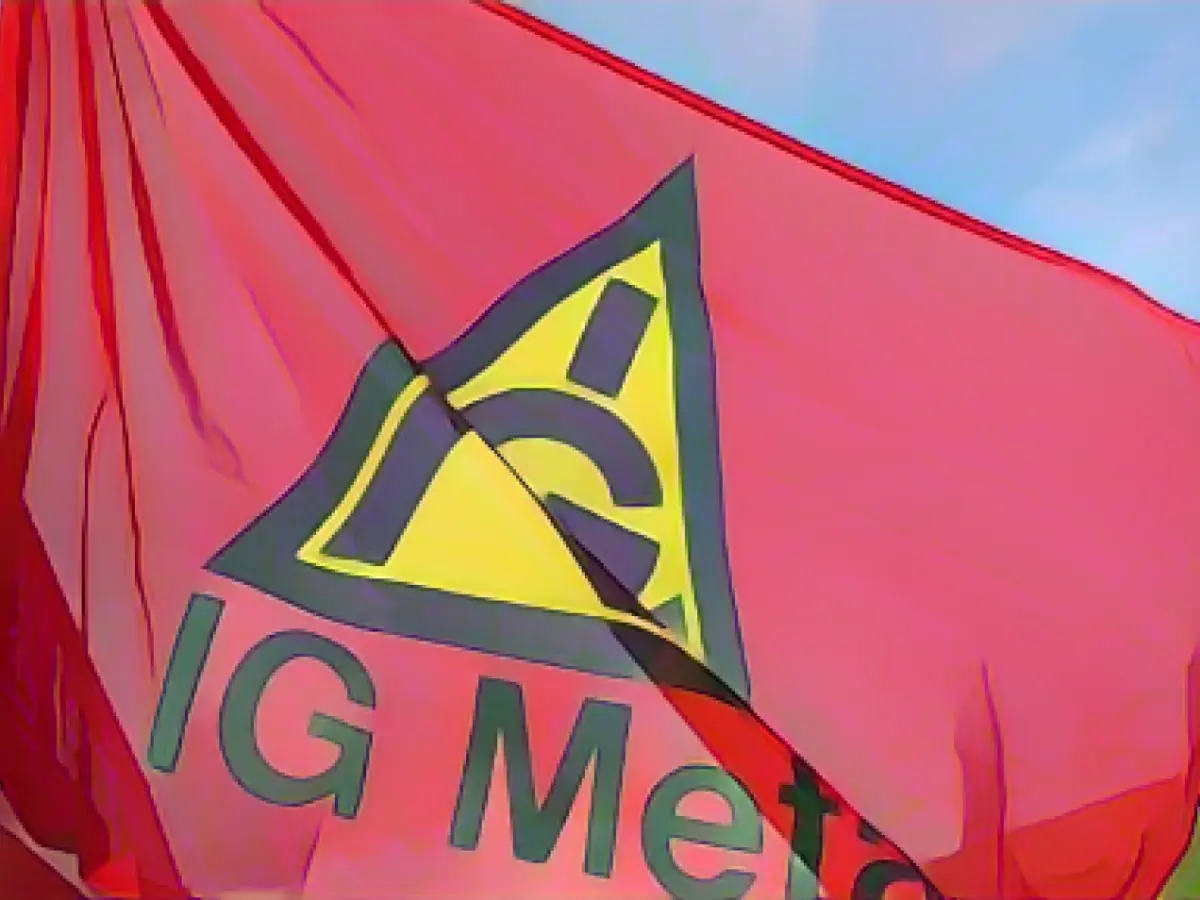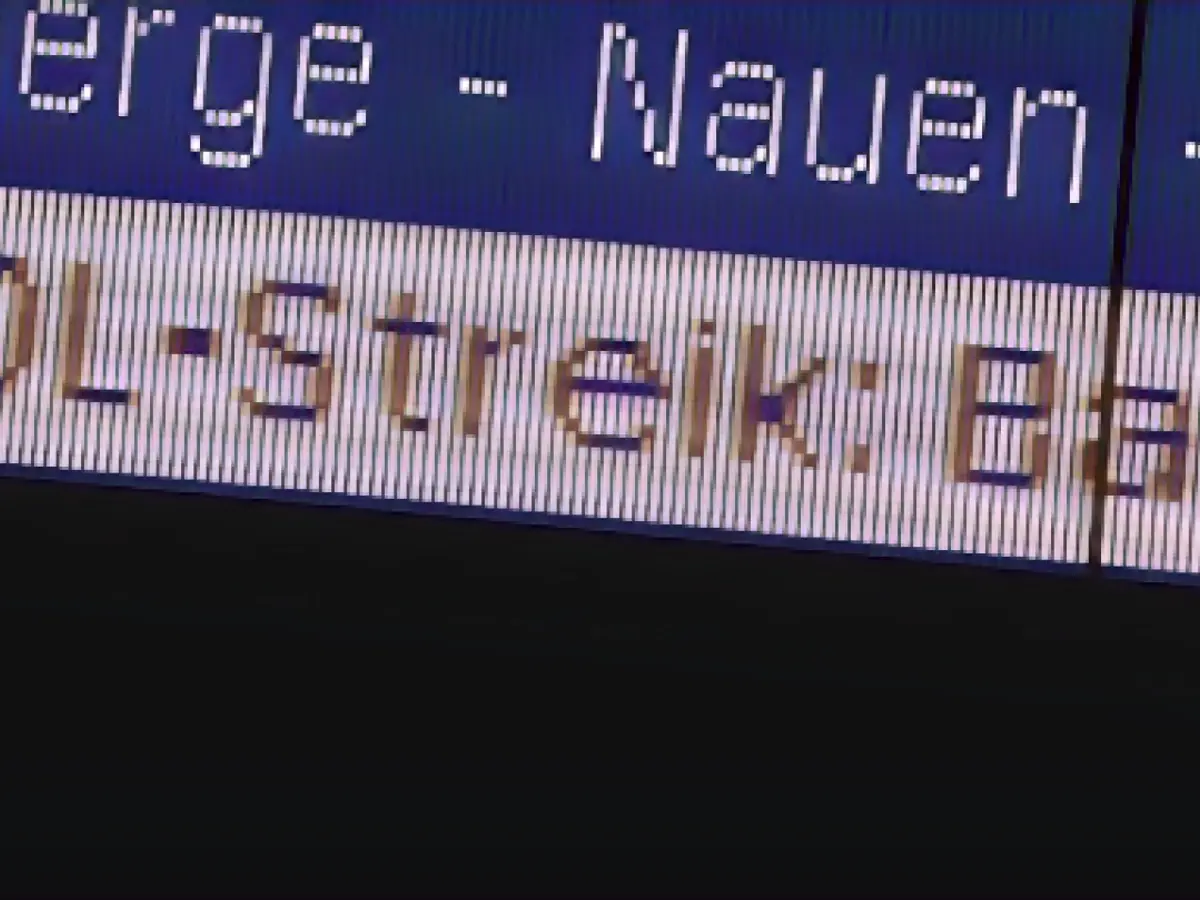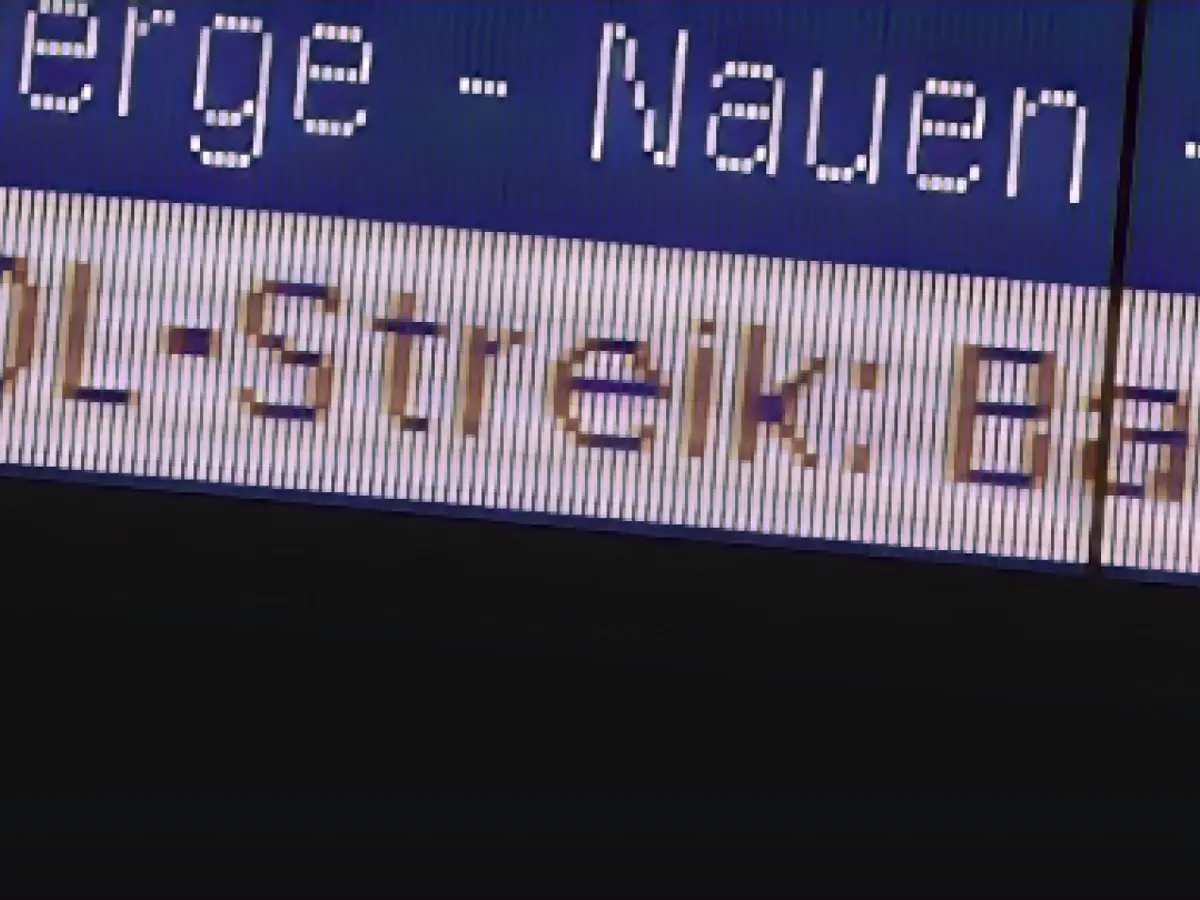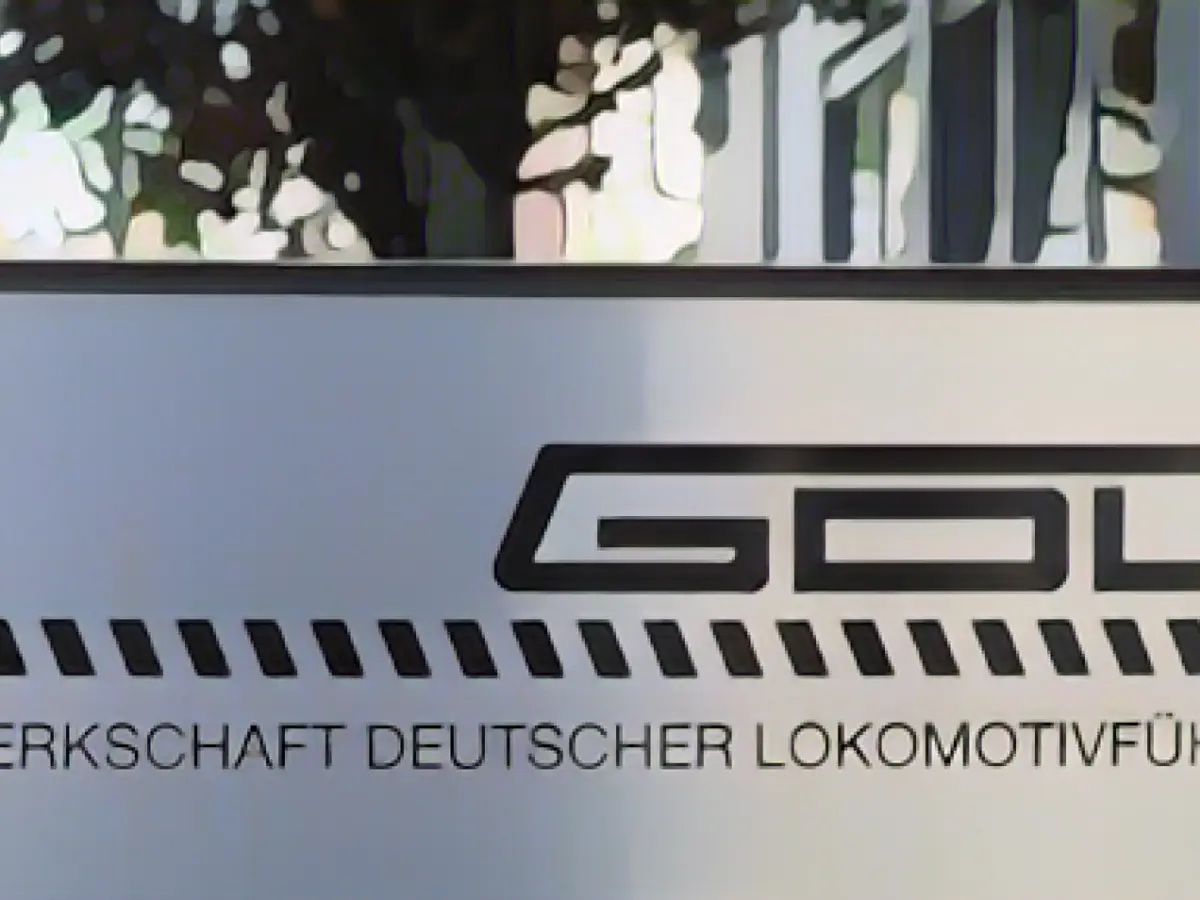Unfettered Union Action: All-Day Warnings Strike in German Steel Industry
In a bold move, IG Metall, Germany's powerful metalworkers' union, has declared all-day warning strikes across the northern and eastern steel industries, signaling an escalation in the ongoing wage dispute. The announcement came after the fourth round of talks between IG Metall and employers failed to yield a resolution.
According to Knut Giesler, IG Metall's lead negotiator for the north-west German steel industry, the main sticking point remains the pay increase. "Despite significant progress on working hours in various sectors, our attempts to reach an agreement were hindered primarily by the issue of the salary enhancement," he disclosed on Tuesday morning. The first wave of 24-hour warning strikes began in the early hours, with other companies expected to join suit soon.
Employers' Association Slams IG Metall's Demands
The employers' association criticized IG Metall's position, claiming their financial proposals were being judged against unrealistically high expectations instead of the companies' financial capacities under the looming threat of an economic downturn. Gerhard Erdmann, the managing director of the employers' association, stated, "IG Metall's penchant for assessing employers' financial offers solely against their exaggerated ambitions, rather than the financial circumstances of the companies amid an impending crisis, is completely irresponsible."
IG Metall's Demands and Employers' Offer
IG Metall is demanding a 12-month wage increase of 8.5% and a switch to a 32-hour workweek with full wage compensation. In response to IG Metall's demands, employers offered a one-time bonus of 1,000 euros in January 2024, followed by a 3.5% pay raise from July 2024 with a total span of 19 months. However, IG Metall deemed this offer insufficient, leading to the stalemate.
This contentious issue has been further complicated by steel tariffs imposed on imports from China and other nations, putting added pressure on the already strained industry.
Over 76,000 workers are employed in the steel and iron industries in North Rhine-Westphalia, Bremen, and Lower Saxony. The steel industry in the east, which employs around 8,000 workers, is also impacted by this labor dispute. The fifth round of negotiations is scheduled for December 15 in Düsseldorf.
Related Reading:
1. Excessive Offer Adjustments: Employers are offering a salary increase that, while substantial, will be postponed until 2030, with the increase being allocated towards the transformation to electric vehicles. In addition, holiday pay is set to be reduced from 2025, collective bonus payments will be lowered, and job cuts totaling 35,000 are planned.
2. Flexible Working Hours: The employers aim to reduce weekly working hours down to 28 with full compensation for the first two hours. After that, workers will be paid 70% and 60% for the third and fourth hours, respectively.
3. Review Clause: The new contract includes a review clause, potentially allowing employers to seek further cost-cutting measures if economic conditions change.
4. Lack of Consultation: Workers are expressing dissatisfaction with the agreement reached without their input, prompting calls for independent rank-and-file action committees to defend their jobs and wages.








